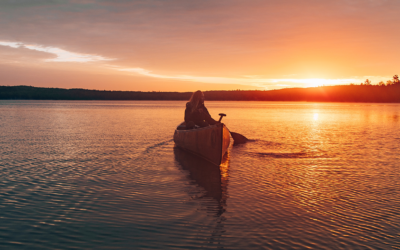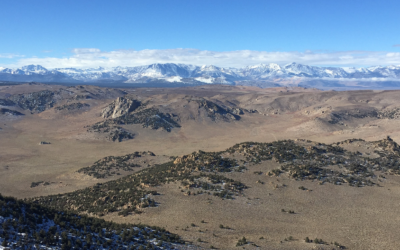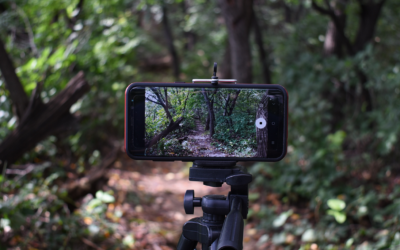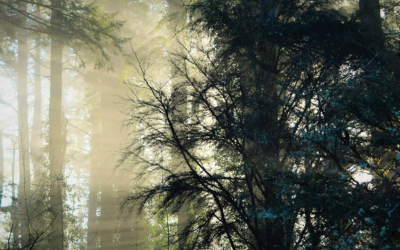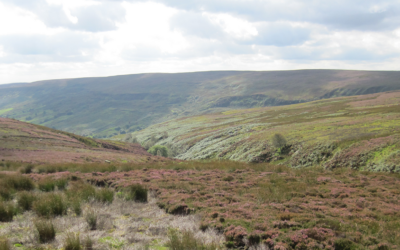Photo by David Marcu on Unsplash
In this issue
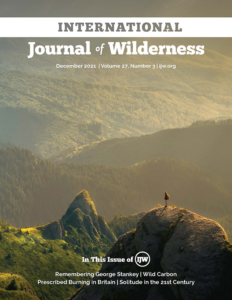 The International Journal of Wilderness (IJW) is the tool of choice for wilderness managers and advocates, produced through a unique collaboration between the WILD Foundation and its many partners and sponsors. The IJW links wilderness professionals, scientists, educators, environmentalists, and interested citizens worldwide with a forum for reporting and discussing wilderness related topics.
The International Journal of Wilderness (IJW) is the tool of choice for wilderness managers and advocates, produced through a unique collaboration between the WILD Foundation and its many partners and sponsors. The IJW links wilderness professionals, scientists, educators, environmentalists, and interested citizens worldwide with a forum for reporting and discussing wilderness related topics.
Get started by reading the articles below. You can also view and/or download the full issue at the bottom of this page.
Articles
Crises of Use
As we transition to a post-pandemic society, demand for transformational, restorative, and education experiences in nature will not recede. Nature has demonstrated its diverse benefits to a greater constituency these past months, and we as advocates, scientists, and managers need to embrace the challenge that comes with a larger audience.
George Stankey: Mentor, Colleague, Friend
George Stankey was a critical thinker who saw the big picture and could work across disciplinary boundaries.
A Plea for a Standard Definition of “Natural” in Wilderness Stewardship
We face the challenge of applying more nuance and thought to the term ‘natural,’ the meaning of which most of us previously took for granted
Wilderness Solitude in the 21st Century: A Release from Digital Connectivity
Contemporary understandings of wilderness solitude need an update.
Distribution of Visitor Use Management Research in US Wilderness from 2000 to 2020: A Scoping Review
Visitor use in wilderness has grown over the past several decades, along with research focused on visitor use management (VUM) in congressionally designated wilderness.
Wild Carbon: A Synthesis of Recent Findings on Carbon Storage in Old Forests
Creating wild spaces where unmanaged forests can age and develop should be the centerpiece of our carbon solutions.
CoalitionWILD Global Mentorship: Cracking the Code of the Business Side of Conservation and Preservation
We can create the world we wish for our children to inherit. It’s time to green our economy and demand corporate accountability. We can create new careers and a new economy that fosters giving back.
Prescribed Burning in Britain as a Moorland Management Technique: Analysis from a Rewilding Perspective
The core purpose of rewilding is to let natural processes operate freely. This means moving beyond the idea of ‘naturalness’ as a human-defined fixed condition, and allowing landscapes to evolve under their own terms, building their own powers of resilience.
Digital Review
WILDERNESS PODCAST Hosted by Adam Bronstein.
View the full journal
Please note: Individual electronic access, passwords, and IP address access are intended for the subscriber only. These means of access should not be shared, posted, or distributed without the consent of the IJW team.
To download: click the button above, and then click the download button at the top left corner of the newly opened tab.


